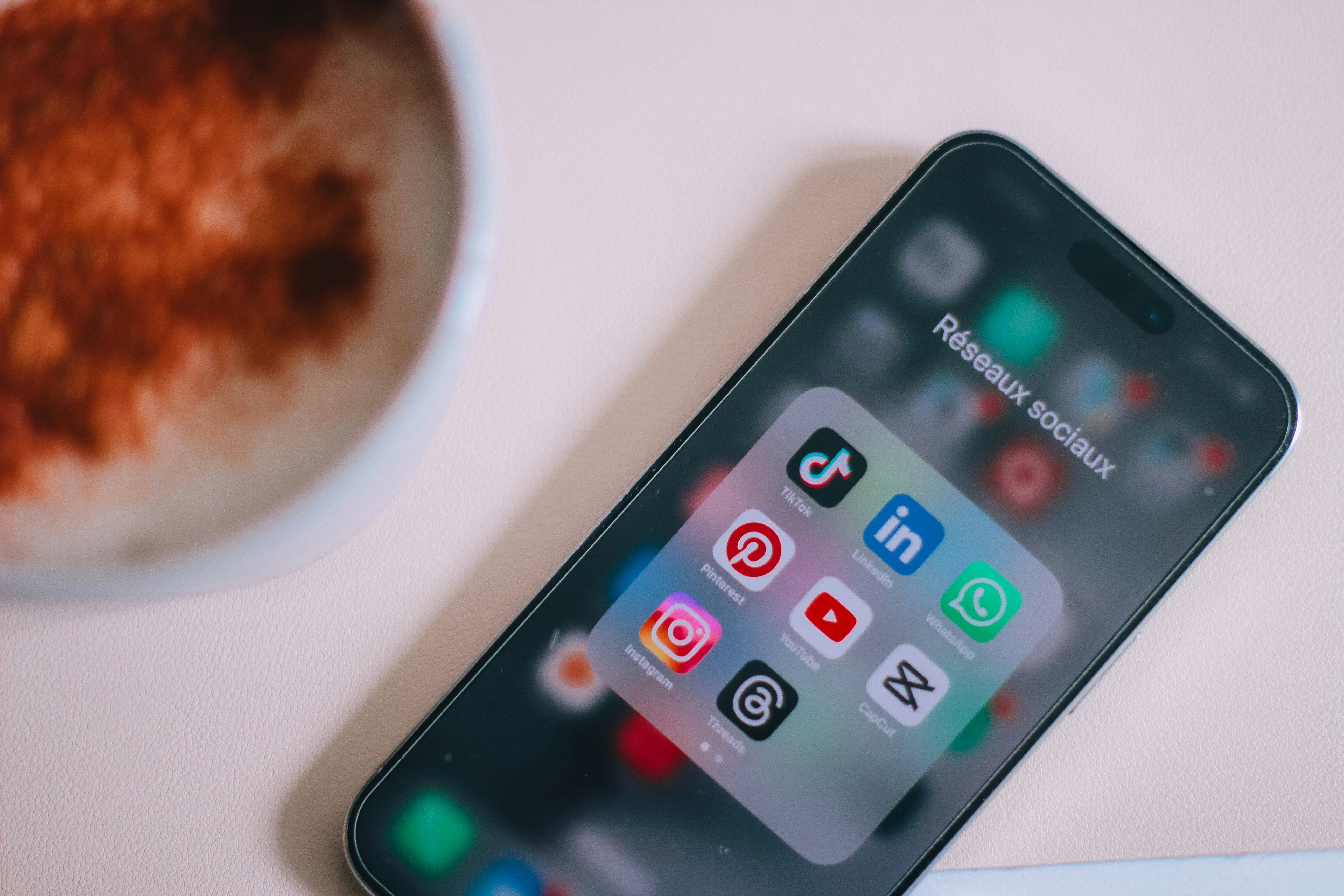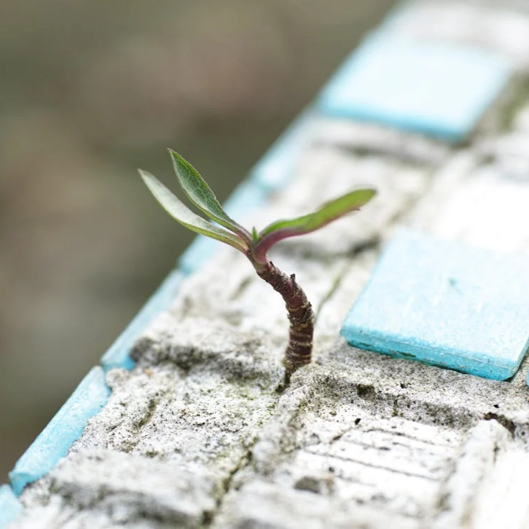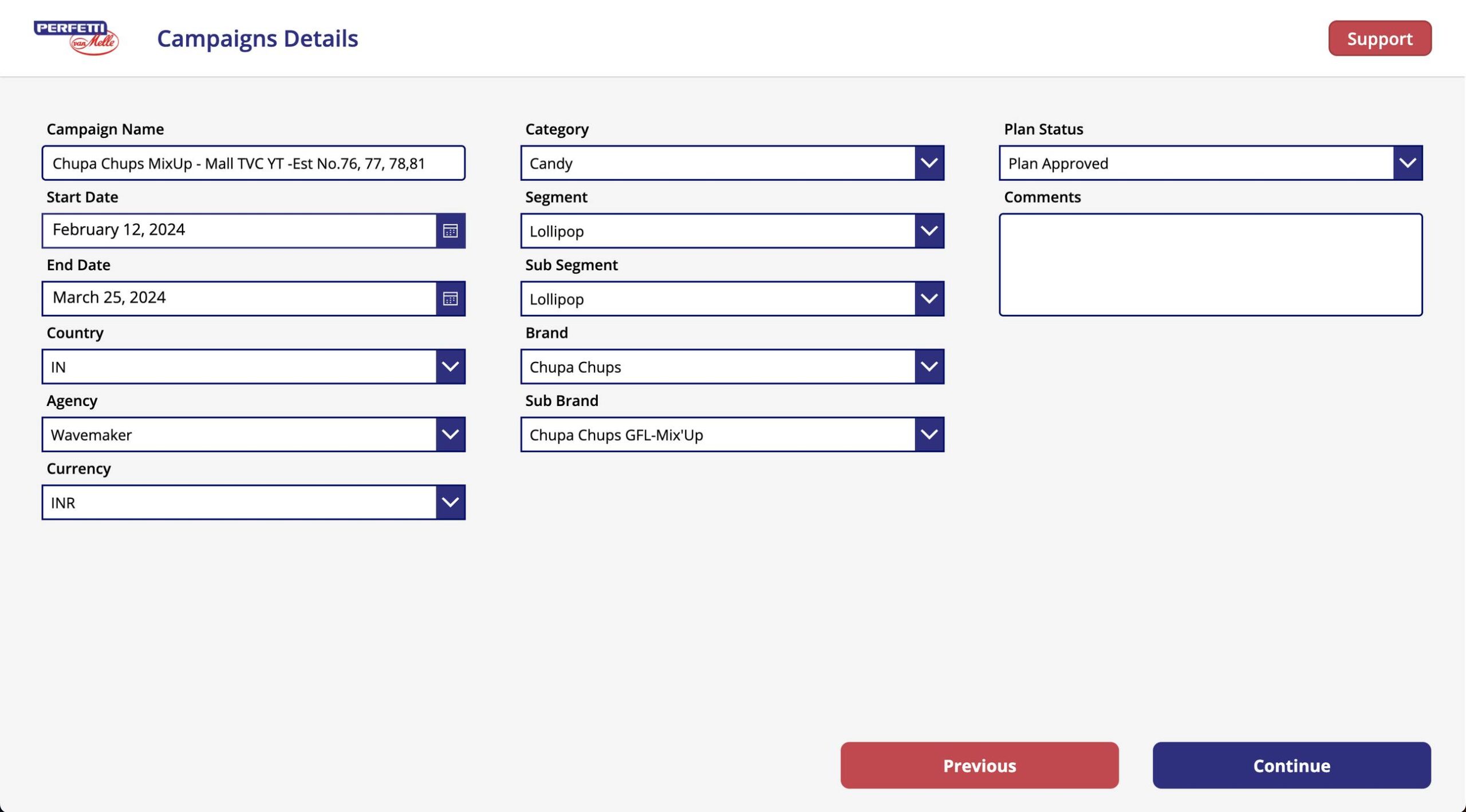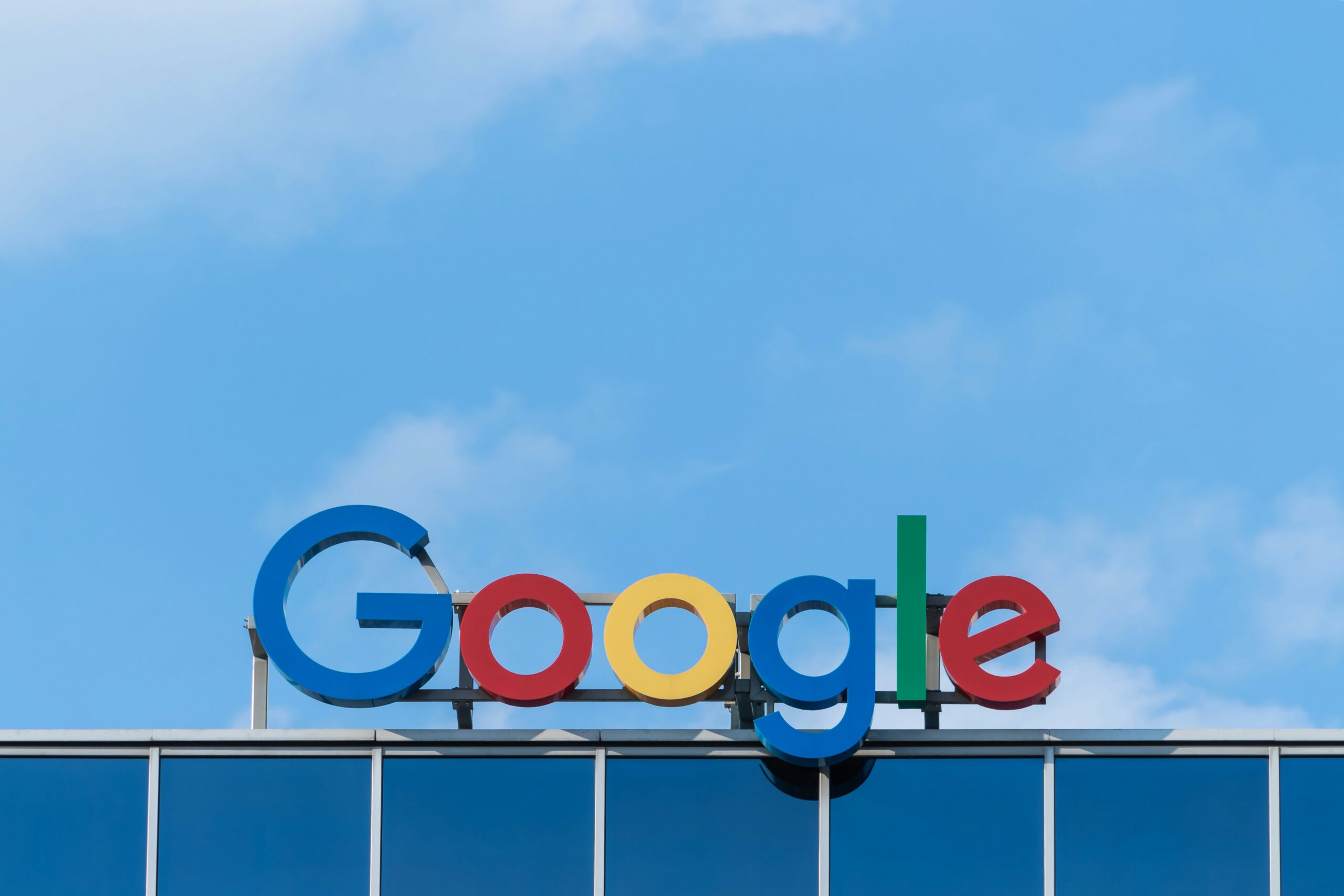Last night, I was browsing TechCrunch for interesting reads on tech. I noticed something. Tech doesn’t seem to be happy with Trump. There’s an article about the influence social media had on the way we gauged Trump’s chances of beating Hillary. Heck, there’s even a post about Facebook admitting they need to address the spread of false information.
Remember how people reacted when Trump said the elections were rigged, partly by the media? And now you’re saying that tech-wise, it was ‘rigged’ the other way around?
Think this over.
You are in control.
I’m currently in the midst of reading The 7 Habits of Highly Effective People by Stephen R. Covey. The first habit is about pro-activity. It discusses how there are things in your circle of influence and things that are in your circle of concern. The latter contains things that or on your mind but you don’t control, things you can’t influence. Blaming tech for Trump is like saying "social media controls me" or "the only media I consume is the media that flows through my newsfeed based on some algorithm I don’t control (nor completely understand)". It’s putting the blame not on yourself but on some outside force.
Come on.
If you’re not happy with the outcome, deal with it. You’re living in a democracy. Think about what you could have done differently, what you would do differently in four years. Think about the things you could have influenced and can influence during the next election. Don’t just go and blame some newsfeed for the outcome.
Just so you know, in the 22 September 2015 edition of Tim Ferriss’ popular podcast series , Scott Adams mentioned how he thinks that Trump may actually become president, and why. And in the words of Wait but Why’s Tim Urban: it’s going to be okay.
The filter is still on
One of the TechCrunch posts I’ve mentioned discusses how the Facebook bubble has popped. How by only connecting to like-minded people, you only see information of like-minded people:
The Facebook bubble just popped. Half the country today is still in shock. Reality crashed down and many were presented with a world that didn’t match up with the one they’ve inhabited in the months leading up to the U.S. election.
If you state something like this, also admit that the bubble hasn’t actually popped. Just think about this:
- How many posts did you read about how Trump will have [a bad influence] on [a subject]?
- And how many were a positive reaction to the results of the elections?
As Tim Urban sais in his post: for every person that doesn’t like the idea of Trump as president, there’s one who does.







Leave a Reply
You must be logged in to post a comment.